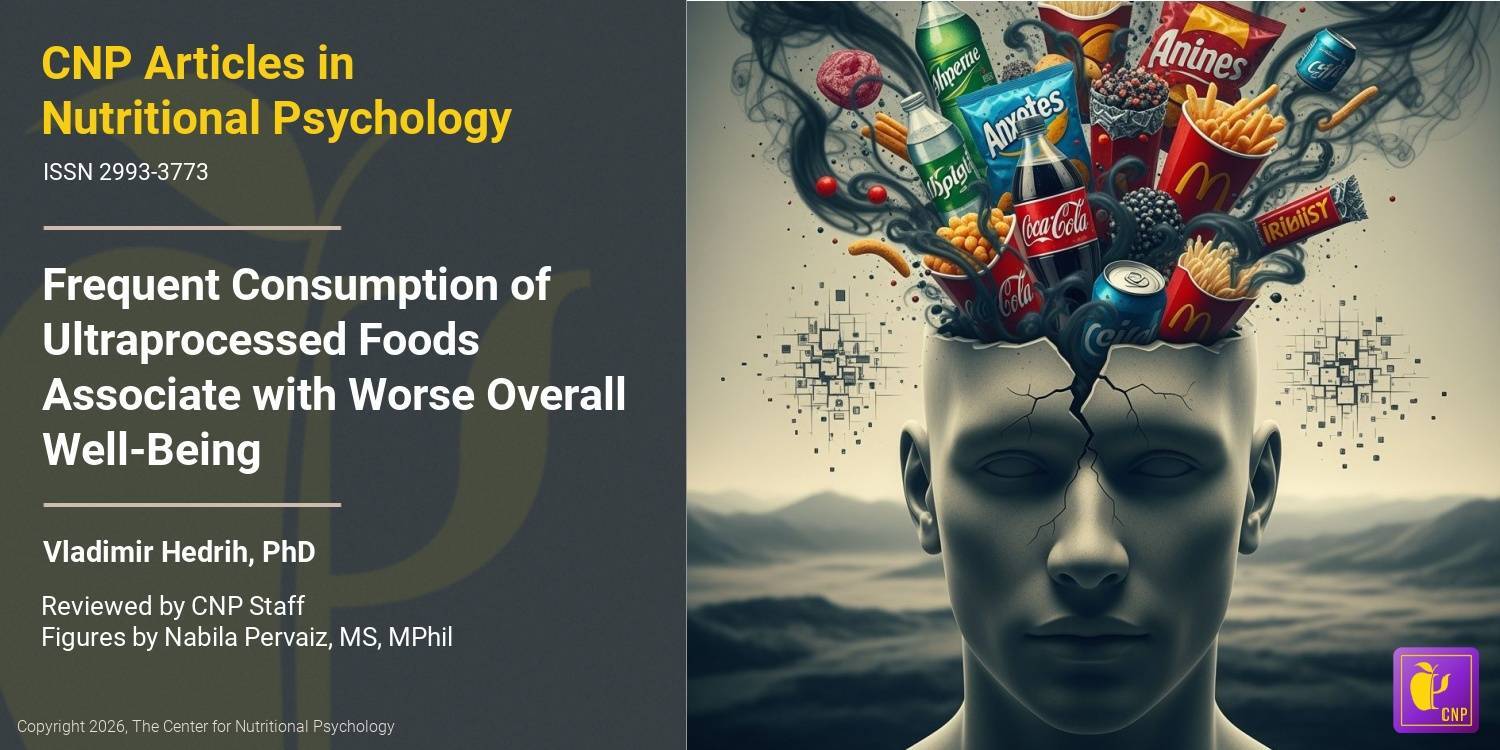Effect of time-restricted eating and intermittent fasting on cognitive function and mental health in older adults: A systematic review
Recent research suggests that dietary strategies, such as Time-Restricted Eating (TRE) and Intermittent Fasting (IFA), may support cognitive health and mental well-being in older adults. A systematic review was conducted to investigate the relationship between these eating patterns and cognitive and mental health outcomes in aging populations. The review followed PRISMA guidelines and assessed study quality using the Newcastle-Ottawa Scale and CONSORT standards. Out of 539 articles screened, eight studies were included: six examined cognitive outcomes, while two focused on mental health. These studies involved a broad range of participants, from as few as 10 to as many as 1,357 older adults, reflecting significant diversity in the study populations. Key findings suggest that both TRE and IFA may offer benefits for cognitive function and mental health in older adults, though the evidence is still emerging and not entirely consistent. For example, some studies reported that individuals following a 10-hour TRE schedule had a lower risk of cognitive impairment, even after accounting for factors like age, education, and lifestyle. Other research has found that regular intermittent fasting is associated with improved cognitive scores and a higher likelihood of reverting from mild cognitive impairment to successful aging, compared to those who do not fast regularly. However, studies also indicated possible negative effects on specific cognitive domains, such as orientation and attention, highlighting the complexity of these relationships. The mechanisms by which TRE and IFA may influence cognitive health include improvements in glucose metabolism, reductions in inflammation and oxidative stress, and enhanced neuroplasticity. Fasting periods can improve insulin sensitivity and glucose uptake in the brain, potentially lowering the risk of neurodegenerative diseases such as Alzheimer’s and Parkinson’s. Additionally, intermittent fasting may modulate the gut microbiome, a factor that is increasingly recognized as crucial for brain function and mental health. Despite these promising indications, the current body of evidence is limited by the small number of high-quality randomized controlled trials and variability in study design. The effects of TRE and IFA may also depend on factors such as the duration and timing of the eating window, as well as the participants’ baseline health. Therefore, further research is needed to clarify these relationships, determine optimal fasting protocols, and assess long-term safety and effectiveness in older adults. In summary, TRE and IFA show promise as accessible, cost-effective interventions for supporting cognitive and mental health in aging populations; however, more rigorous studies are necessary to establish clear guidelines and maximize their benefits.
Year: 2024

 Navigation
Navigation









